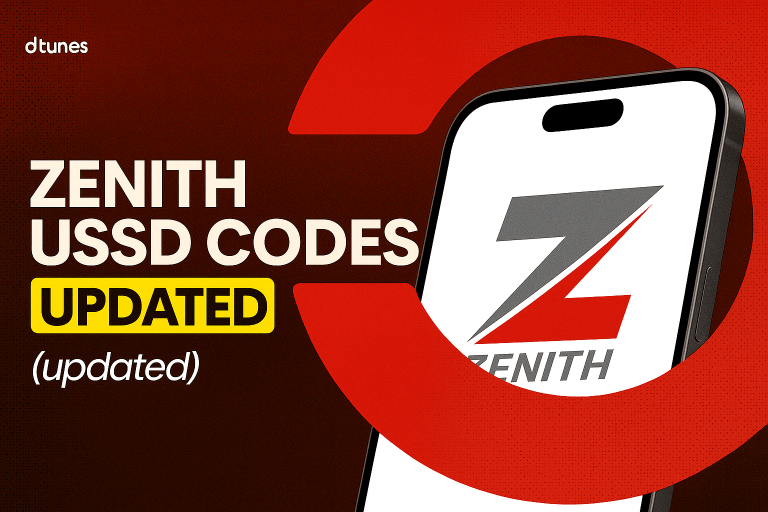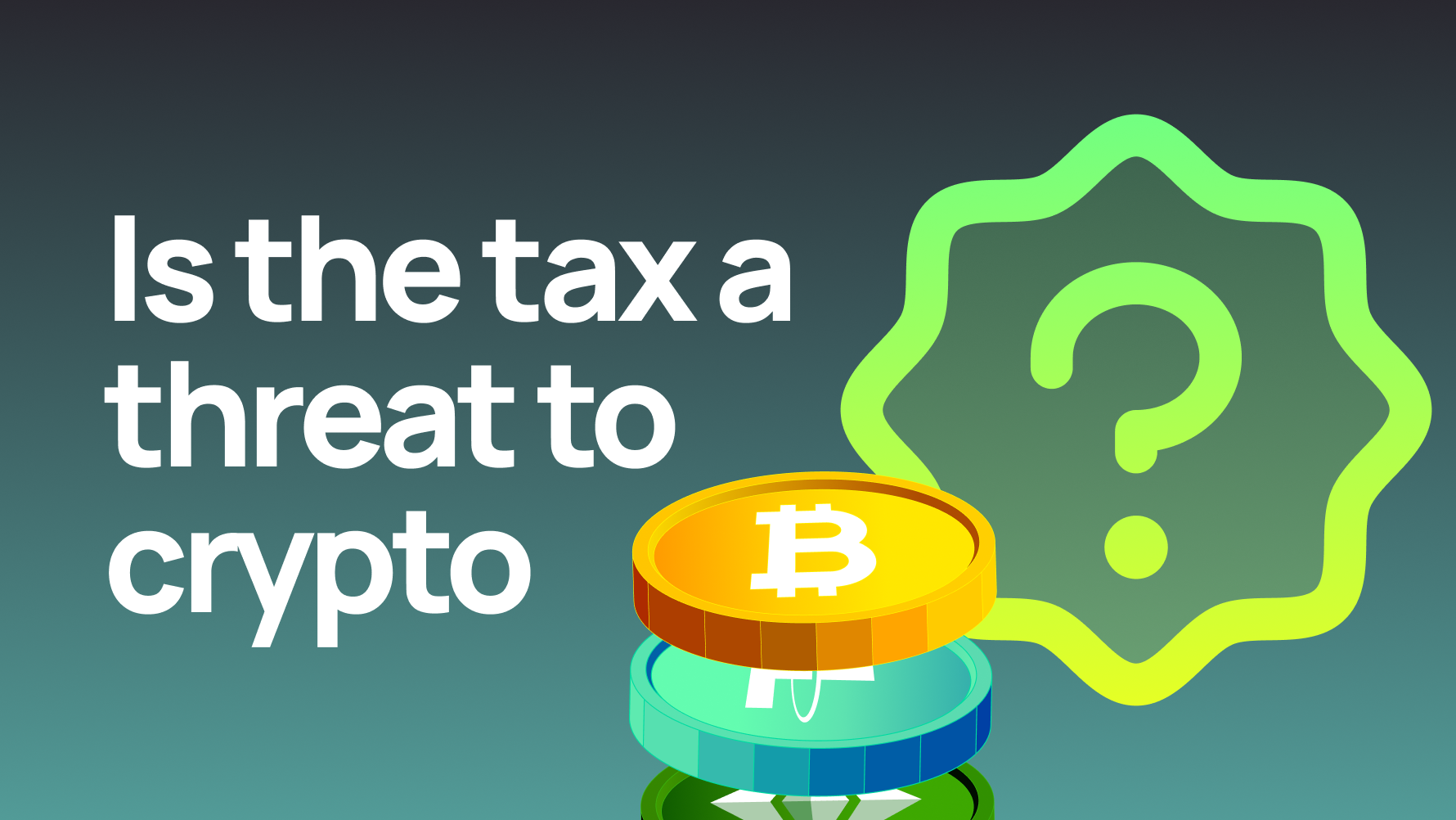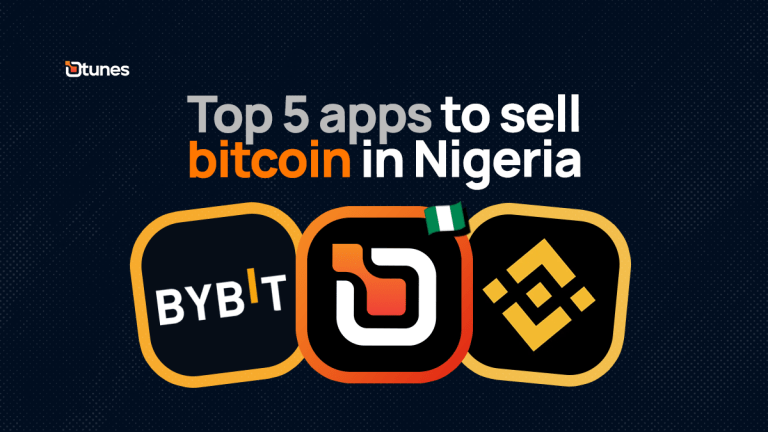
10 Loan Apps To Avoid In Nigeria and Why
Loan Apps To Avoid In Nigeria: Loan apps have emerged as a convenient way to access quick cash. While many apps are reliable and offer legitimate financial services
Loan Apps To Avoid In Nigeria
Loan Apps To Avoid In Nigeria: Loan apps have emerged as a convenient way to access quick cash. While many apps are reliable and offer legitimate financial services, some may not have your interests at heart. It’s crucial to be cautious and avoid falling into financial traps. Below are salient things to look out for before picking a loan app to work with:
1. Unregistered apps on the Google Play Store
While there is a significant presence of counterfeit loan apps on the Google Play Store, it’s important to note that most deceptive apps are acquired through unofficial sources. Always verify the legitimacy of a loan app. Unregistered or dubious apps may put your personal and financial information at risk.
2. Lack of Regulation:
Ensure that the loan app operates within the regulatory framework. Unregulated apps may not follow fair lending practices.
3. Excessive Interest Rates:
High interest rates can quickly lead to unmanageable debt. Avoid loan apps that charge exorbitant interest rates, as they can trap you in debt.
4. Unreasonable Terms and Conditions:
Review the terms and conditions carefully. Some apps may impose ridiculous and unfair terms that could harm your financial well-being, but you will only know this if you carefully review the terms and conditions of their service.
5. Lack of Credit Reporting:
Loan apps that don’t report to credit bureaus may not help you build credit. Avoid apps that don’t offer this valuable service.
6. Aggressive Debt Collection Practices:
Some loan apps resort to harassment and aggressive debt collection tactics. Fake loan providers in Nigeria pose a severe problem by exploiting their access to personal data. They lure individuals with promises of loans but demand immediate payments and high interest rates once a small portion of the requested amount is given. In some cases, these fake lenders send disturbing accusations and threats to applicants’ relatives, using fear as a tool of coercion. Avoid apps that employ such practices, as they can negatively impact your mental well-being.
7. Fake Reviews and Ratings:
Be wary of apps with numerous fake reviews and ratings. These can mislead you into thinking an app is reputable when it’s not.
8. Upfront Payment Requests
When a loan application demands an upfront payment before disbursing the loan, it’s a significant warning sign of a potential fraudulent scheme. These deceptive loan apps may provide various justifications for the upfront payment, such as labelling it as a form of insurance. It’s crucial to recognize that legitimate loan applications may have fees, typically disclosed in the contract, but they do not insist on upfront payments. Instead, these fees are incorporated into the loan amount, ensuring transparency and the transaction’s legitimacy.
9. Inadequate Customer Support:
Apps with poor customer support can leave you in the dark when you encounter issues. Choose apps that provide reliable customer service.
10. Web Authenticity
Determining the authenticity of a loan application involves checking the security of its official website. Ensure that the website’s URL is valid. If it begins with “HTTPS,” to a considerable extent, it signifies a secured web.
Also, if the URL includes only “HTTP” without the “s” at the end, this might suggest a fake loan application. Legitimate platforms, especially those dealing with sensitive user data, must adhere to security protocols using “HTTPS.” Additionally, a valid website should display a padlock symbol, showing the presence of an SSL certificate, signifying that it’s a secured website.
Deregistered Loan Apps

Loans and credit are usually under strict regulations of the law. The FCCPC (known as the Federal Competition and Consumer Protection Commission) ordered digital money lenders to demonstrate compliance with its guidelines. Furthermore, it requested Google to remove about 18 digital lenders from the Play Store due to guideline violations. The FCCPC emphasized that adherence to its guidelines was mandatory, and non-compliance constituted a legal violation. According to the Punch newspapers, some of the loan Apps restricted from operations by the FCCPC include:
Getloan, Camelloan, Cashlawn, Nairaloan, Eaglecash, Moneytreefinance Made Easy, Luckyloan Personal Loan, Cashme, Easynaira, Swiftcas, Crediting, Swiftkash, Hen Credit loan, Nut loan, Cash door, Cashpal, and Nairaeasy gist loan.
Other loan apps that are considered fake are 9Credit, 9ja Cash, Cash Mall, Cash Wallet, CashLion, Ease Cash, FastMoney, ForNaira, GGMoney, and so on.
While many loan apps can provide quick financial solutions, responsible borrowing is crucial. Always read and understand the terms, and choose loan apps that prioritize your economic well-being and adhere to ethical lending practices.



